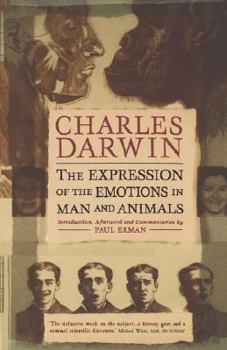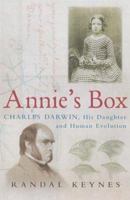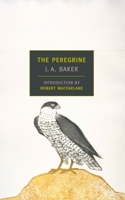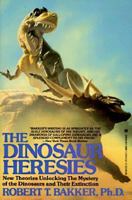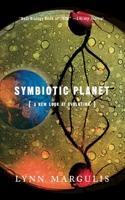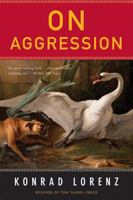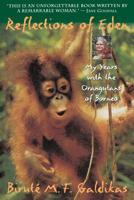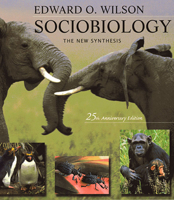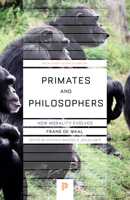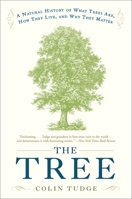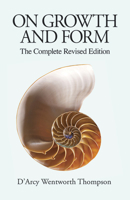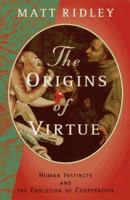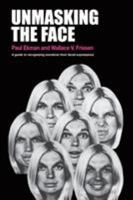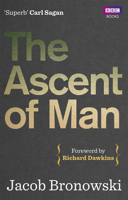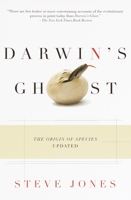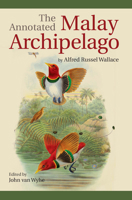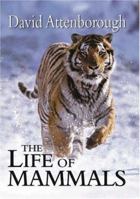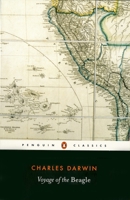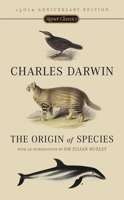The Expression of the Emotions in Man and Animals
Select Format
Select Condition 
Book Overview
You Might Also Enjoy
Customer Reviews
Rated 5 starsAn enriching reading!
This is the main contribution to interdisciplinary studies that converge in psychology and biology. It is a key piece inside Darwin `s work. If the well known decay of the compared psychology at the early years of the XX Century- when the evolutionism followers forgot about the behaviors and the psychologists did without anatomy and physiology- diminished briefly influence to the actual contributions, the culmination of the...
0Report
Rated 5 starsAfter the BEAGLE, Darwin's "funnest" book!
This is the second book that I throw my serious students after I make them read the Voyage. While the subject is serious, there is more than a hint of play throughout, and one can just imagine Darwin observing his own children for clues to discuss as each chapter unfolds. Although this book is of course not nearly as important as the Origin or even Descent, it is essentially part of the Long Argument, and is a great way of...
1Report
Rated 5 starsA magnificent book, splendid new edition!
Ever since I received Paul EkmanÕs new edition of DarwinÕs classic work, the book has been my constant companion. I carry it with me from room to room, picking it up to read whenever I have a few minutes. You can open to just about any page and discover yet another gem. Whether you find a bit to read by chance, or whether you like to be guided by the fascinating table of contents and index, or whether you prefer to begin...
2Report











